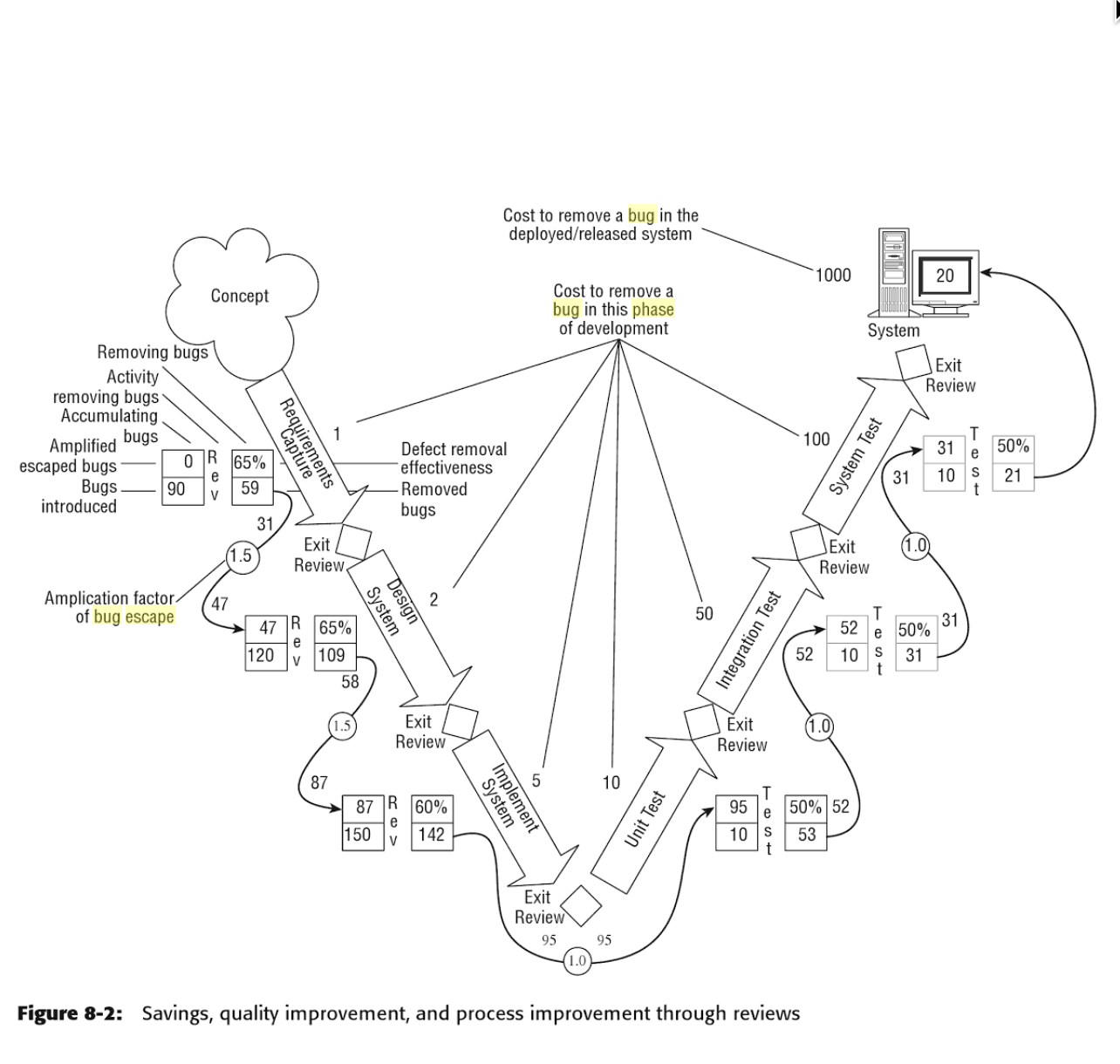I occasionally need to describe that something works but that it does not necessarily does so correctly. To give some background, it's mostly to do with software - If I'm given the task to investigate some odd behaviour, I sometimes find that a piece of code "works", because the instructions given to the computer are logically consistent (in other words, there is no bug), however, it may not produce the desired result because the instructions are wrong (e.g., initial design was flawed, or it the system is wrongly configured) or because the circumstances were abnormal (e.g., could be an edge case or a failure outside of this piece of software). At any rate, it usually means that the code investigation part is complete and more research is needed but code-wise it's the functionality is consistent with how it is supposed to work. Whether or not it is supposed to work is a different question.
I've used "operational" before but it does not seem to represent the idea well enough.

